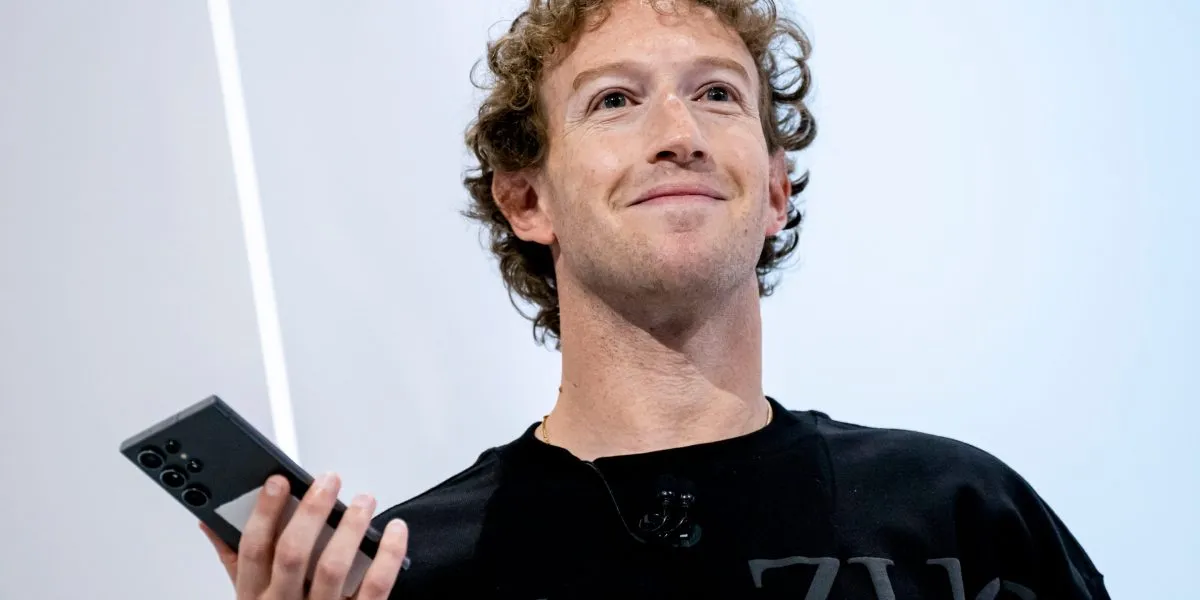
According to a recent analysis by the Financial Times, security budgets allocated to the chief executives of ten major tech companies have surged beyond $45 million in 2024. Notably, Meta stands out for its unparalleled investment in security for CEO Mark Zuckerberg, reflecting the escalating threats facing high-profile business leaders in today's climate.
Across the tech sector, companies such as Alphabet, Amazon, Nvidia, and Palantir have all increased their security budgets by more than 10% compared to the previous year. This trend is largely driven by a worsening security environment that has made it imperative for public-facing leaders to enhance their protection measures. For instance, Meta’s security allocation for Zuckerberg has reached over $27 million in 2024, a notable increase from $24 million in 2023, dwarfing the security expenses of his counterparts.
In stark contrast to Meta’s spending on Zuckerberg, other tech giants have allocated significantly smaller amounts for their CEOs. For example, Nvidia has set aside $3.5 million for CEO Jensen Huang, up from $2.2 million last year. Amazon allocated $1.1 million for CEO Andy Jassy, while former CEO Jeff Bezos continues to receive $1.6 million annually for personal security. Apple reduced its spending on CEO Tim Cook to $1.4 million in 2024, down from $2.4 million the previous year. Meanwhile, Alphabet has revealed a security budget of $6.8 million for CEO Sundar Pichai, while Tesla only disclosed $500,000 for Elon Musk. However, industry experts note that Musk's actual security expenses are likely much higher due to his personal security arrangements.
Meta’s approach to security is notably different, as it encompasses not only Zuckerberg’s personal safety but also the protection of his family and residences, highlighting his integral role within the company. As both the CEO and cofounder, Zuckerberg wields significant influence and possesses majority voting power. Given his controversial public persona, particularly regarding issues such as consumer privacy and corporate layoffs, the necessity for robust security measures is increasingly evident.
In Silicon Valley, security management is predominantly handled by private security firms staffed by former law enforcement and military professionals. Prominent players in this field include Hamilton Security, founded by former FBI agent James Hamilton, which offers comprehensive risk assessments and mitigation strategies. Other notable firms, such as Gavin de Becker & Associates and LaSorsa Security & Associates, provide protective services for influential executives like Musk and Bezos.
These security firms offer a range of services, including risk assessments, intelligence monitoring, residential security enhancements (such as bulletproof panels), round-the-clock personal protective details, secure transportation, cybersecurity measures, and anti-stalking protocols. They also prepare for extreme threats, including potential assassination or kidnapping attempts and digital threats, such as deepfakes.
Recent events, including the assassination of UnitedHealthcare CEO Brian Thompson last December, have contributed to the increased security spending among executives. This incident has prompted many companies to revise their security protocols by removing leadership photos from corporate websites, enhancing home security, and implementing stricter travel policies. For instance, Lockheed Martin mandates that its CEO exclusively use corporate jets for travel.
As of now, Meta has not provided a comment regarding its security spending on Zuckerberg. To compile this report, Fortune utilized generative AI for the initial draft, which was subsequently verified for accuracy by an editor prior to publication. As security concerns continue to rise in the tech industry, it will be interesting to observe how these budgets evolve and what new measures companies implement to safeguard their executives.